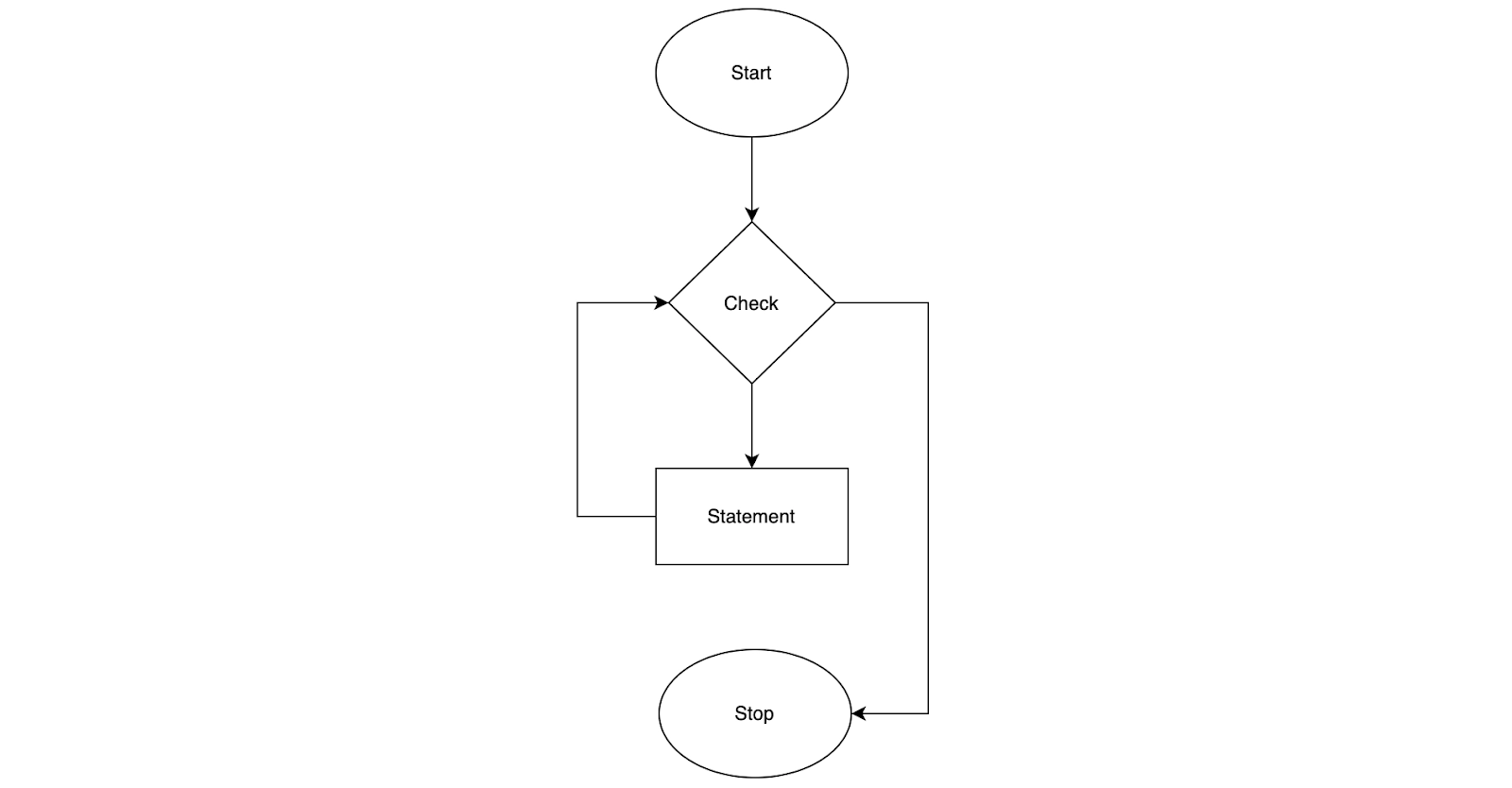When to Use forEach?
Iterating Over a Collection:
- Use it when you need to access each element of a collection (e.g., an array, list, or set) without modifying the structure or requiring the element's index.
Read-Only or Simple Operations:
- It's ideal for performing read-only operations like printing, summing, or applying a function to each element.
When Index is Not Needed:
- Use it when the task does not depend on knowing the position of elements (e.g., processing elements in order, regardless of their index).
For Clean and Readable Code:
- For-each loops simplify code by removing the need for counters or bounds checking, reducing boilerplate.
For Each Loop Steps
- For using for each loop, we need a loop to iterate through.
- Write the syntax for the for each loop for the programming language.
- Initialize a variable and reference it to the object which is neet to iterate.
Pseudo Code
array a[] = [elements]
n = size(a)
for each i in a from 0 to n-1:
print a[i]
Foreach loop in Java
int[] arr ={1,2,3,4,5,6,7,8,9,0};
// for each loop
for (int num : arr)
{
System.out.println(num);
}
Output
1
2
3
4
5
6
7
8
9
0
Know more about What are Loops in Java and Rabin Karp Algorithm
Foreach loop in C++
int main()
{
int arr[] = {1,2,3,4,5,6,7,8,9,0};
// Printing elements of an array using
// foreach loop
for (int num : arr)
cout << num << endl;
}
Output
1
2
3
4
5
6
7
8
9
0
Foreach loop in Python
for num in [1, 2, 3, 4]:
print(num)
Output
1
2
3
4
Foreach loop in C#
foreach (int num in new int[] {1, 2, 3, 4})
{
Console.WriteLine(num);
}
Output
1
2
3
4
Advantages of For Each Loop
-
Since you don't have to dereference inside the loop, for each is convenient. You never have to worry about over-or under-running your data.
-
It also gives the compiler a little more information about what you're doing, leading to more optimizations.
-
It makes the code easier to read and reduces the likelihood of programming errors. Check sample coding problems solve using loops.
Must Read: Java List Iterator
Frequently asked questions
When not to use forEach?
Avoid forEach when you need to modify the collection (e.g., adding/removing elements), require the element's index, or need complex iteration logic.
Is it advisable to use it for each loop instead of for the loop?
As the local variable that stores the value of an array element is faster to access than an array element, this for each loop is faster. If the array is only accessed once each iteration, the for loop is faster than the for each loop.
What is the purpose of a For Each loop?
A for-each loop is a loop that can only be applied to a group of elements. It will loop through the collection, using the following item from the display each time it loops through. It begins with the first item in the array (at index 0) and proceeds through the array to the last item.
What is forEach Python?
In Python, there is no such thing as a for each statement. The language has loops built in. for the Iterable element: operate(element). You could write for each method if you wanted to.
What is the distinction between Iterator and ListIterator?
Iterator can only traverse in one direction, whereas ListIterator can traverse forward and backward. ListIterator, unlike Iterator, can assist in the replacement of an element.
Is the for-each loop supported in C?
In C, there is no for each. You can loop through the data with a for loop, but the length must be known, or a known value must terminate the data (e.g., null).
Conclusion
This article has gone through an important topic for each loop. The for-each loop can remove the potential for problems and make the code more readable. The for-each loop gets its name because it goes over each element. The improved for loop has the disadvantage of not being able to explore the components in reverse order. Want to learn more about loops click here.
Recommended Readings:
You may check out Conditionals and Loops it will clear your concept.
Are you planning to ace the interviews of reputed product-based companies like Amazon, Google, Microsoft, and more?
Attempt our Online Mock Test Series on Code360 now!







